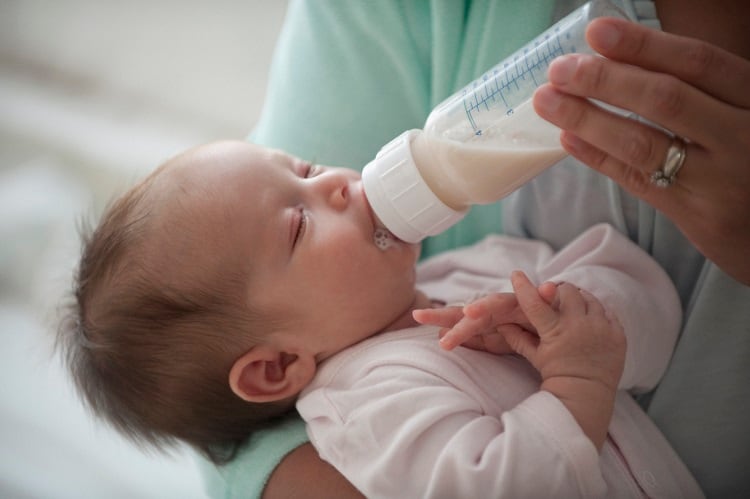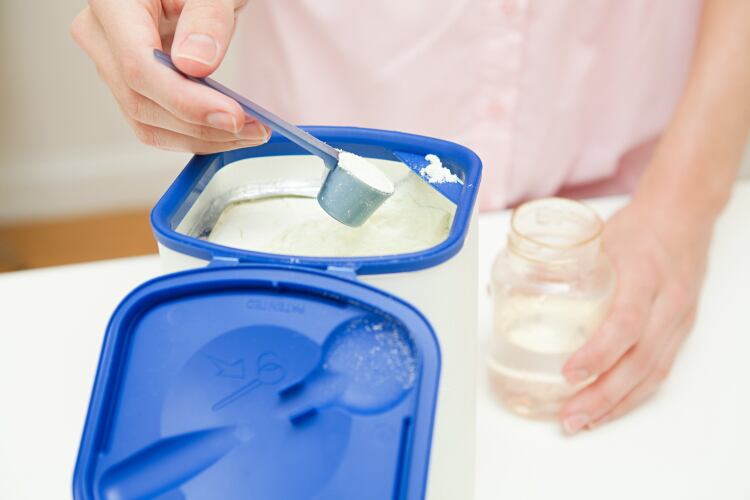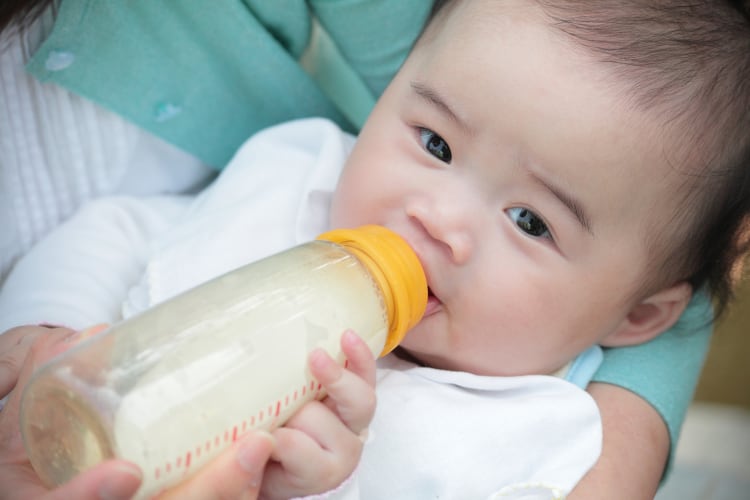The study analysed national prescription databases in the UK, Norway and Australia, with volumes rising 3.2-fold in Australia between 2001 and 2012; 2.8-fold in England from 2007 to 2018, and 2.2-fold in Norway from 2009 to 2020. The researchers state that 'there is little evidence (…) for a change in milk allergy incidence to explain rises in specialized formula prescription,' with up to 10-fold excess prescription.
The report also revealed that specialized formula for infants cost US$117 per birth in England, US$93 in Norway and US$27 in Australia for 2020 alone, pointing to potentially millions being unnecessarily spent by healthcare systems.
In addition, the findings revealed that that between 30%-50% of specialized formula prescribed across the three countries was amino-acid formula (AAF) - a potential contributor to obesity and food decay due to its high free sugars content, the researchers argued.
DairyReporter reached out to Specialised Nutrition Europe (SNE) for comment. Reflecting on the incidence of cow milk allergy, SNE pointed out that this type of allergy was ‘one of the most common food allergies’, with evidence that two to three per 100 babies allergic to cow’s milk protein.
A spokesperson said: “Specialty formula for babies with cow’s milk allergy are products very specifically designed for babies diagnosed with cow’s milk protein allergy and do not provide any added value to babies without this condition.
“Very few babies actually need amino-acid-based formula, which do not contain any trace of cow’s milk protein. These products should be prescribed only to these babies.”
The Infant Nutrition Council (INC), which represents major manufacturers, marketers and ingredient suppliers of infant formula and toddler milk in Australia and New Zealand, also highlighted the importance of differentiating cow’s milk from lactose intolerance.
“When cow’s milk allergy is diagnosed and exclusive breastfeeding is not possible, current guidelines recommend extensively hydrolysed formulas as a first line management, or amino acid-based formulas, depending on the diagnosis and severity of symptoms,” the INC explained. “Research shows that two to three in a hundred babies are allergic to cow’s milk protein, although there might be some variations per region.”
“Our industry actively supports awareness raising on infant nutrition and appropriate feeding of disease-related conditions requiring foods for special medical purposes according to published guidelines,” the body concluded.



